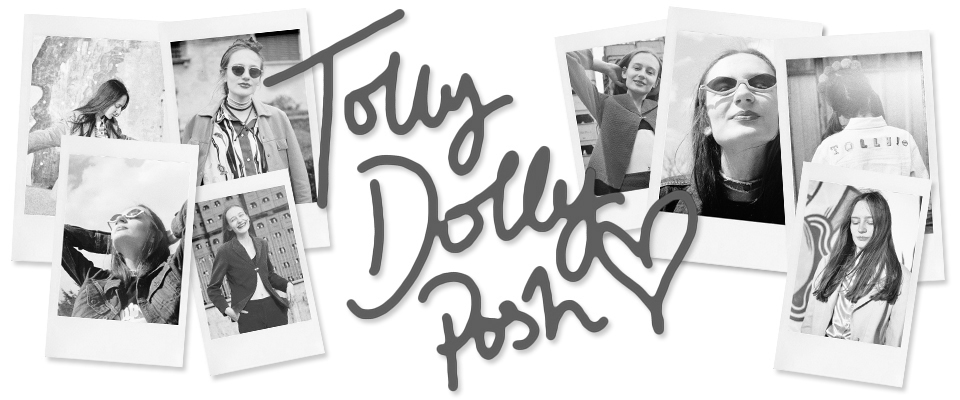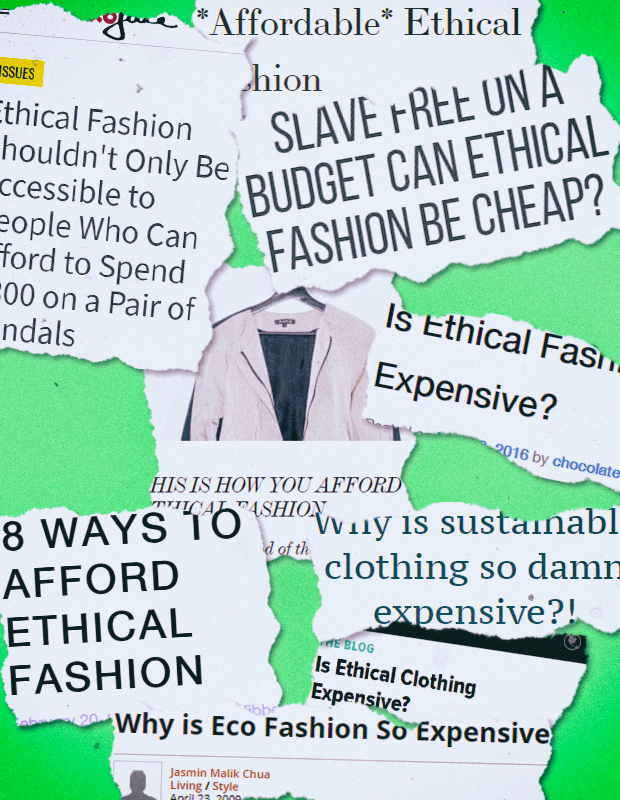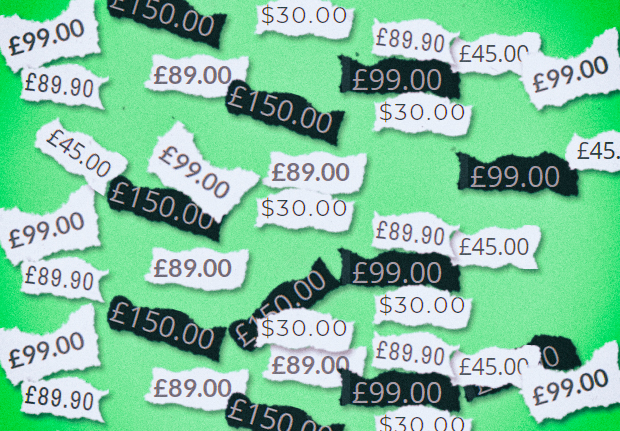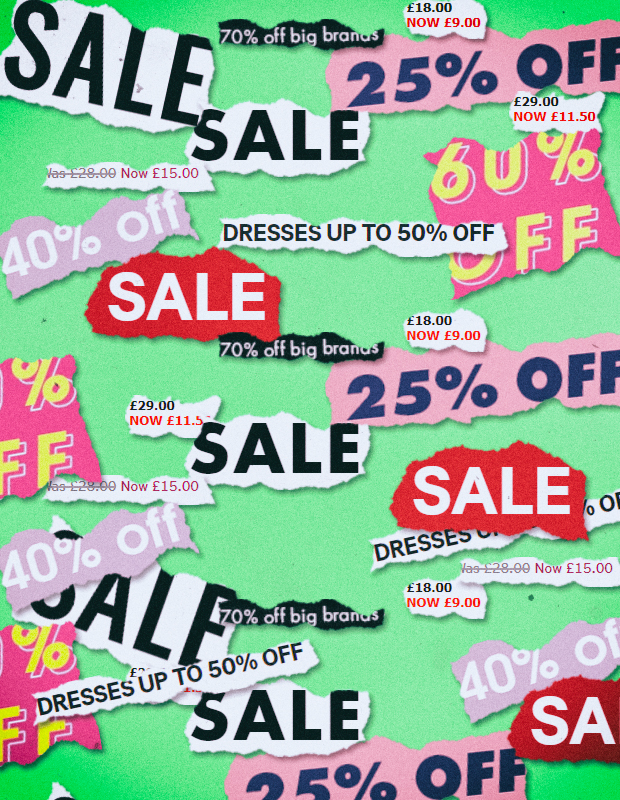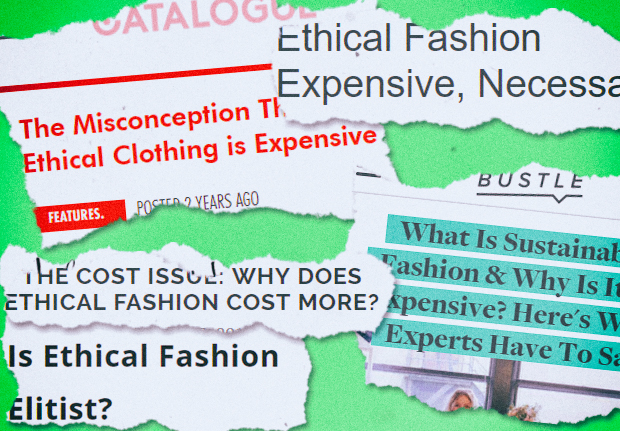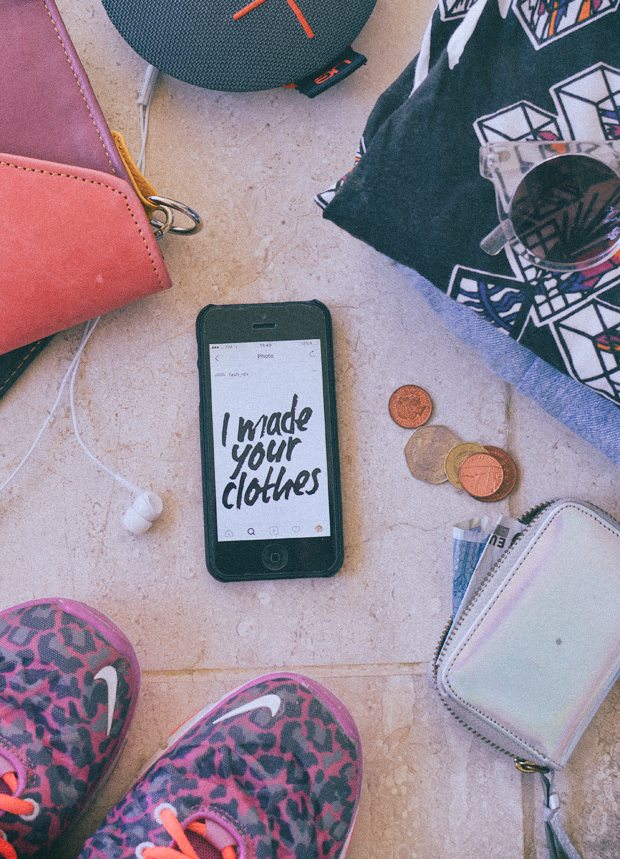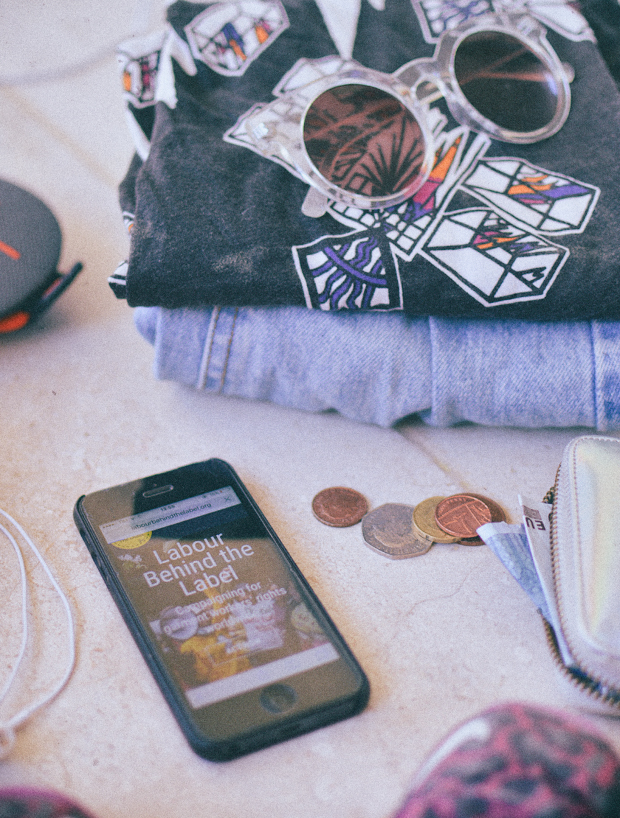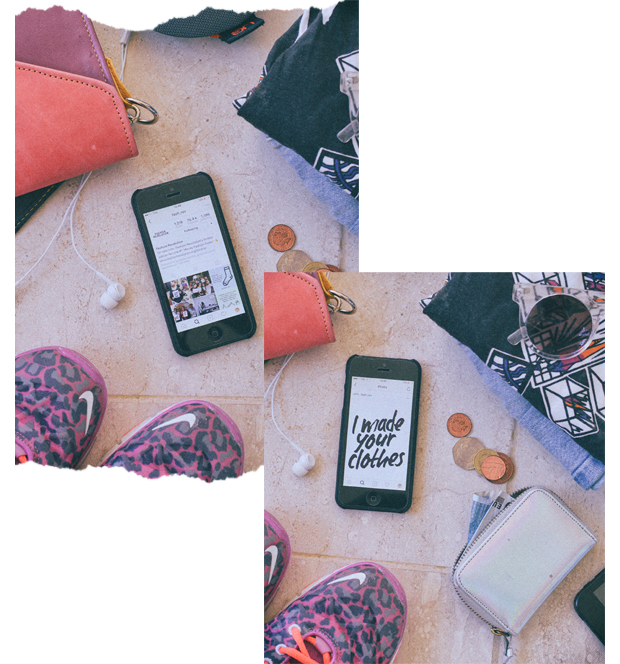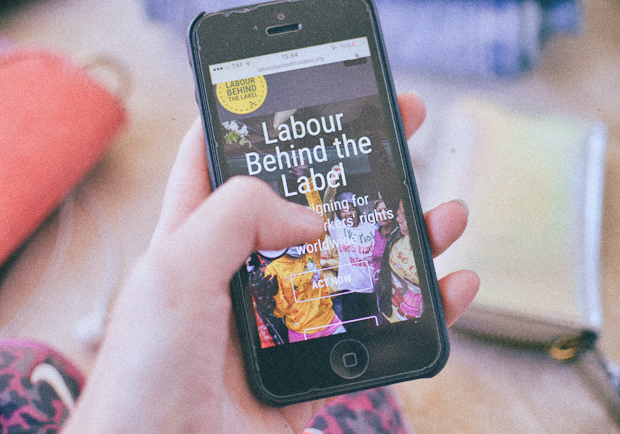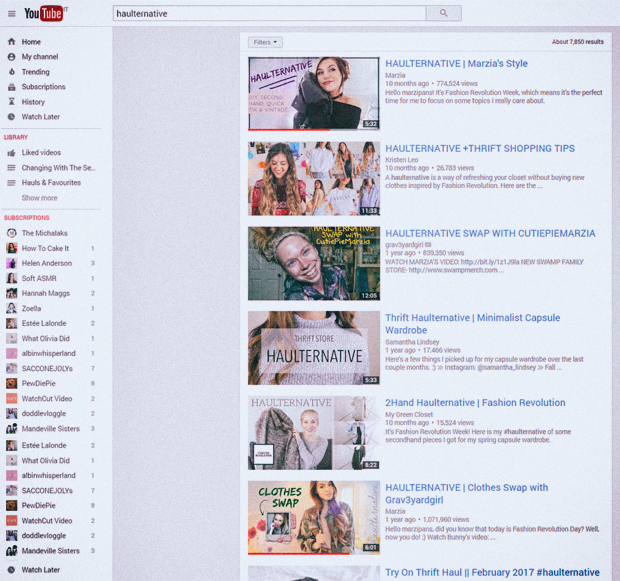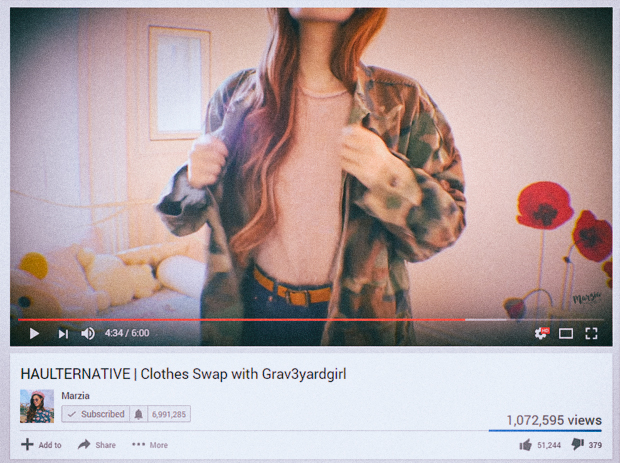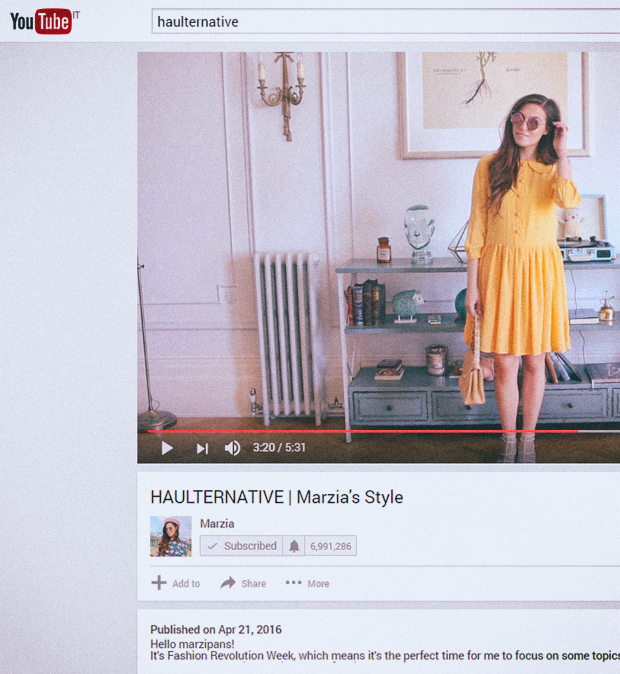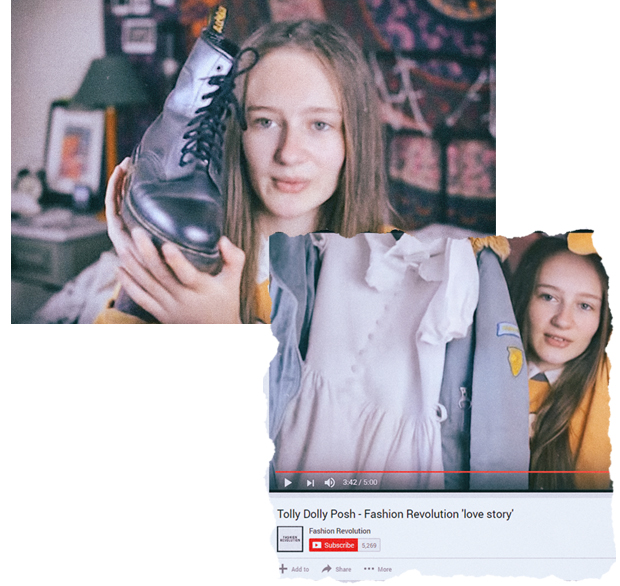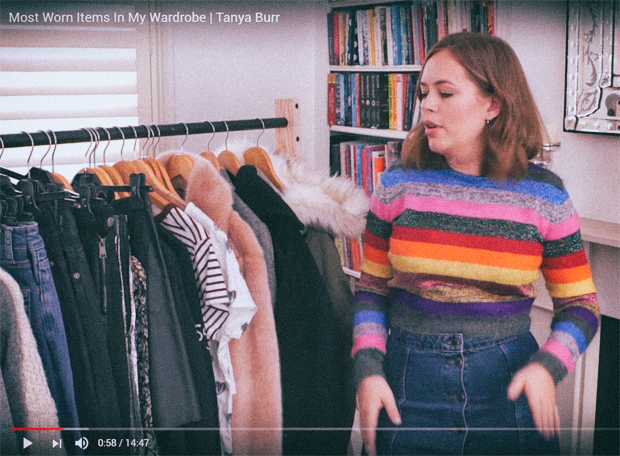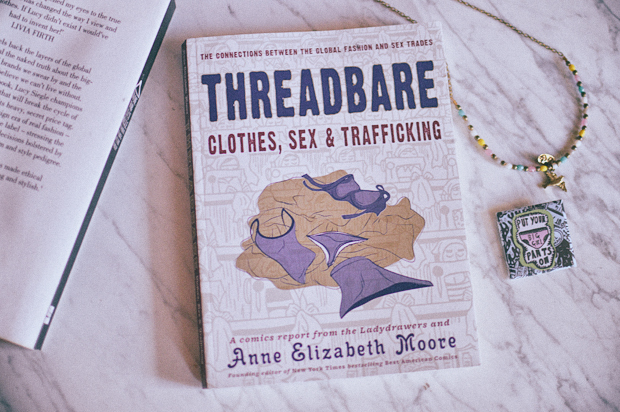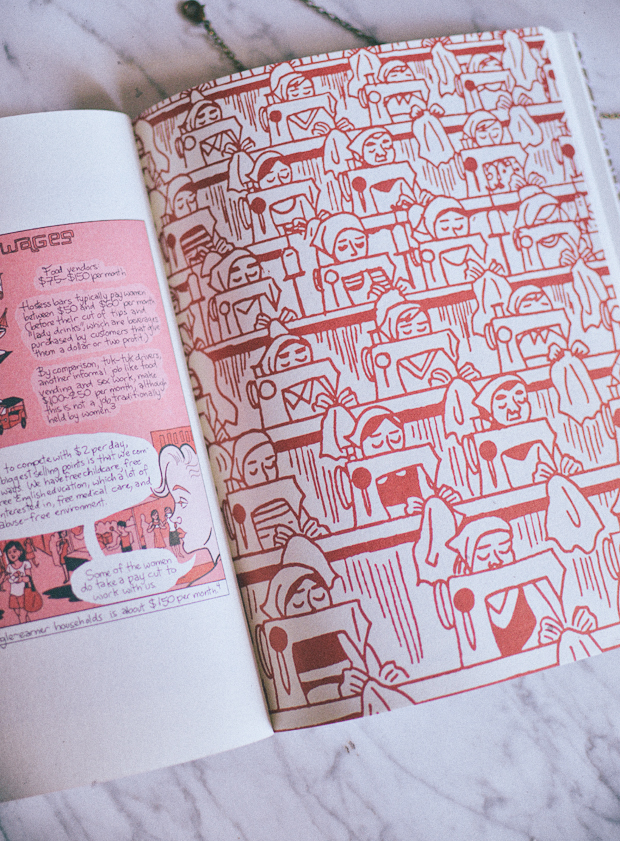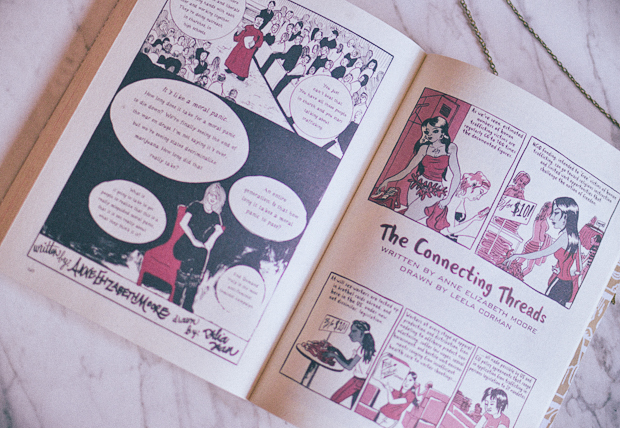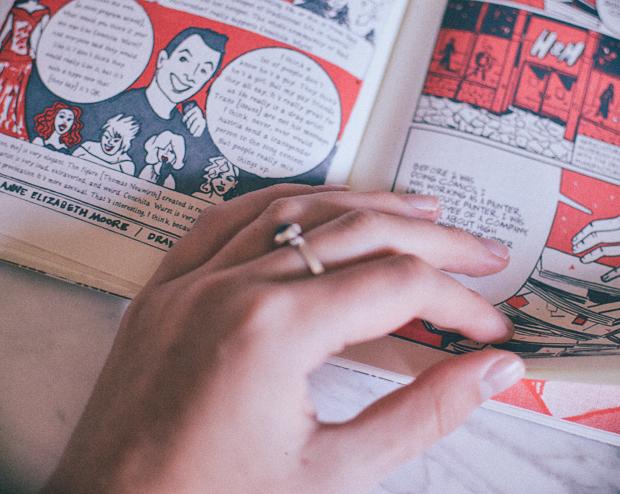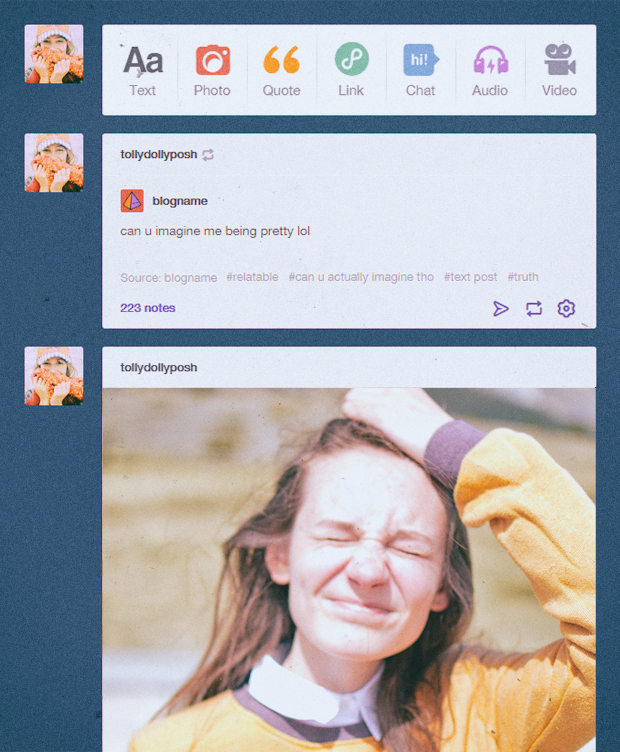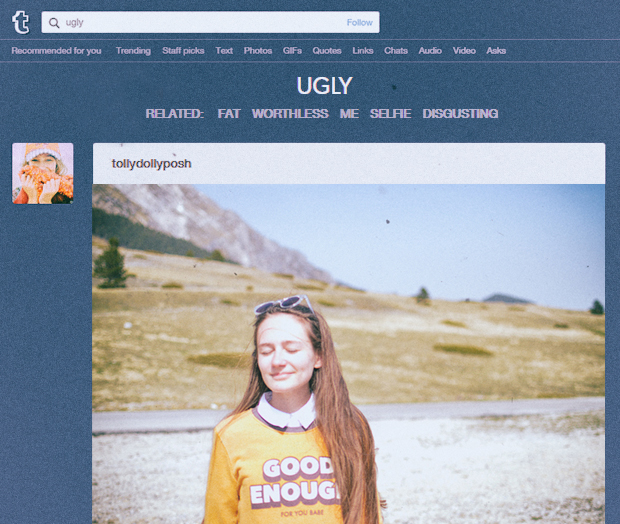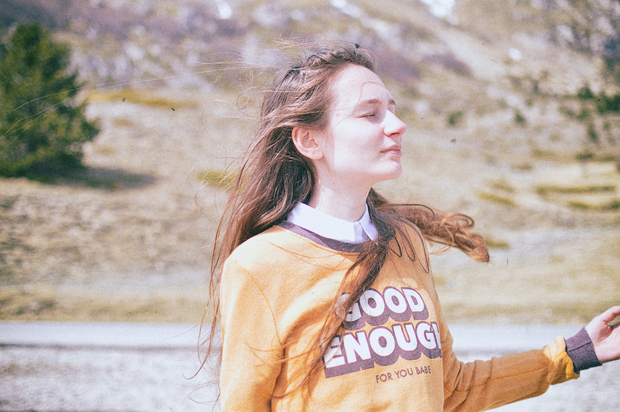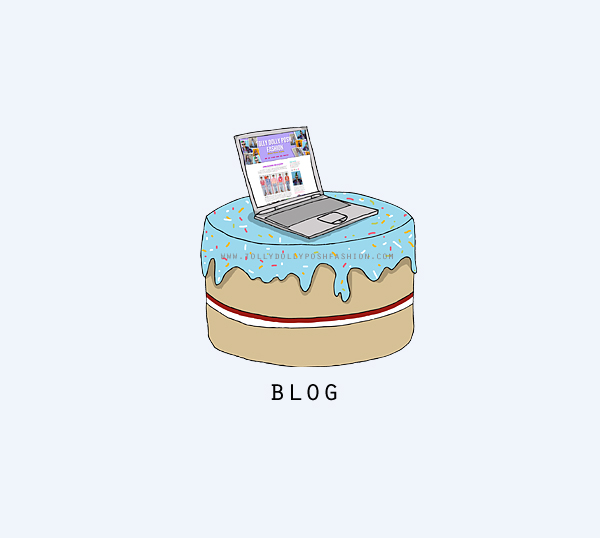🎆🎉 Longtime no-write, huh? Happy New Year to all, even if it’s a little late to celebrate. 🎆🎉
Recently, I saw a tweet which was in regards to a cutting down on single-use plastics. The tweeter was on a flight when she used her Ecoffee cup (a reusable and biodegradable bamboo coffee cup that you can use in replace of throw-away options given out in public) and she wanted to praise the airline for allowing her to do so. However, the point that she was on a plane was highlighted and that became the major issue and talking point.
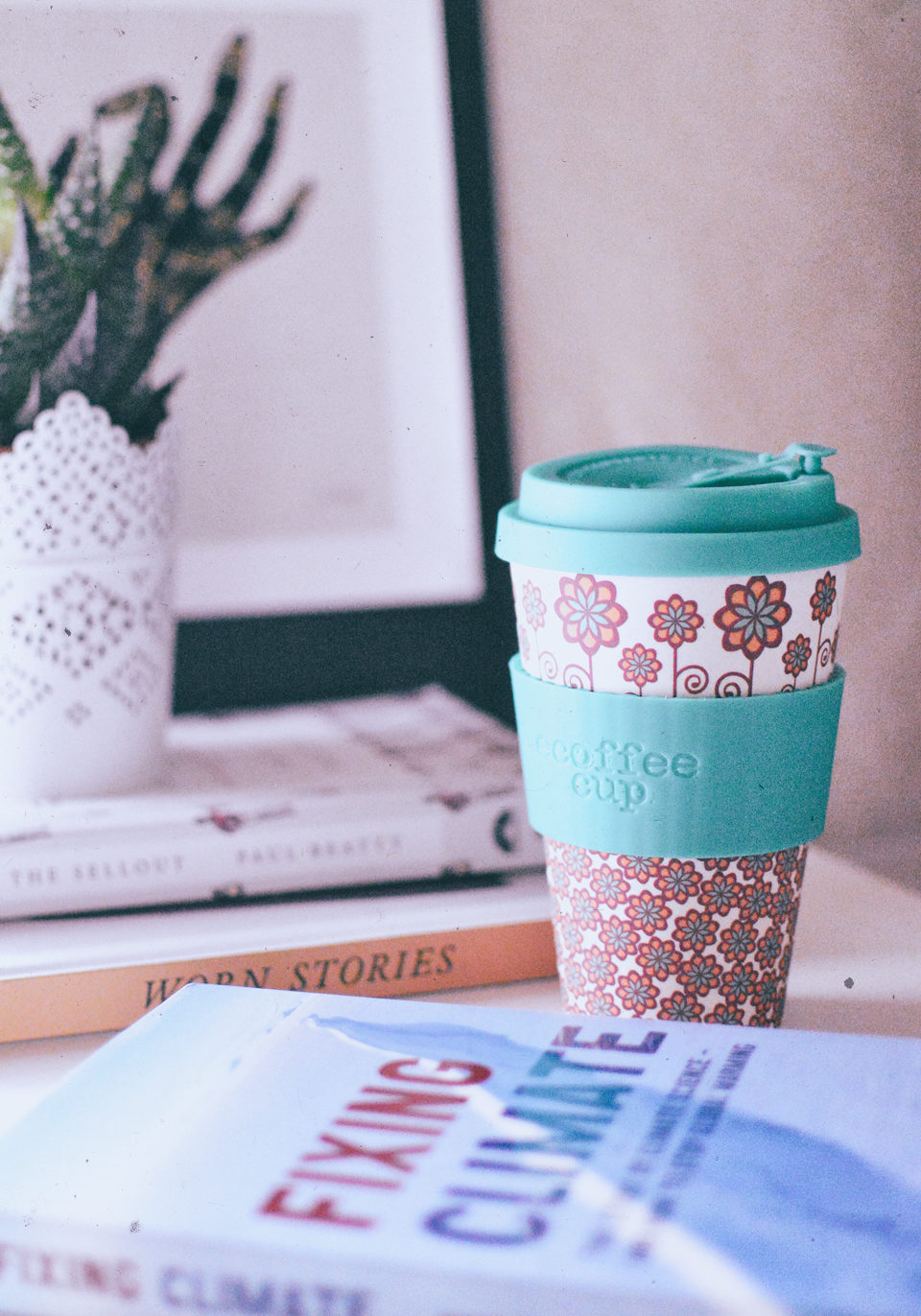
My initial thought was that I could relate. For Christmas, I received an identical Ecoffee cup and I was undeniably excited about the prospect that I could now take it with me and be an example to others when I go to buy my next hot chocolate (I don’t drink coffee, ironically).
In fact, I even contemplated keeping it in my hand luggage when I, myself, took a flight after Christmas because I knew I would be faced with the same issue once I’d boarded the plane. I wanted an overly-priced cup of tea after a long day of travelling but do I really need to receive a cup with a plastic lid on it, in order to enjoy it? (As well another plastic cup I was given to keep my plastic milk sachets in – @Ryanair; what’s that all about?)
I didn’t use my cup mainly because I’m unsure of the regulations regarding them with the airlines I use (they still count as a liquid container over 100ml, right?) but the thought was still there, nagging at me.

It seems that 2018 finds us in a, fortunately, very conscious and understanding time when it comes to our relationship with plastic. It’s still a major issue and once you open your eyes and walk around a supermarket, the idea of plastic ever going anyway anytime soon seems like an impossible feat.
Although Scotland may have just banned the use of plastic cotton buds (Q-Tips) and although the UK has now abolished the usage of microbeads, we still have Marks & Spencer selling slices of cauliflower as ‘Cauliflower Steaks’ boxed in, you guessed it, more plastic – it’s my understanding these ‘steaks’ are to be removed from stores but the point still stands.
More and more of us are starting to realise how toxic and unhealthy our relationship is with plastic and more and more of us are at least, attempting to make changes. Yet, according to the experts who responded to the tweet I used as an example – what good is a reusable coffee cup doing if you’re still using and drinking from it on a plane?
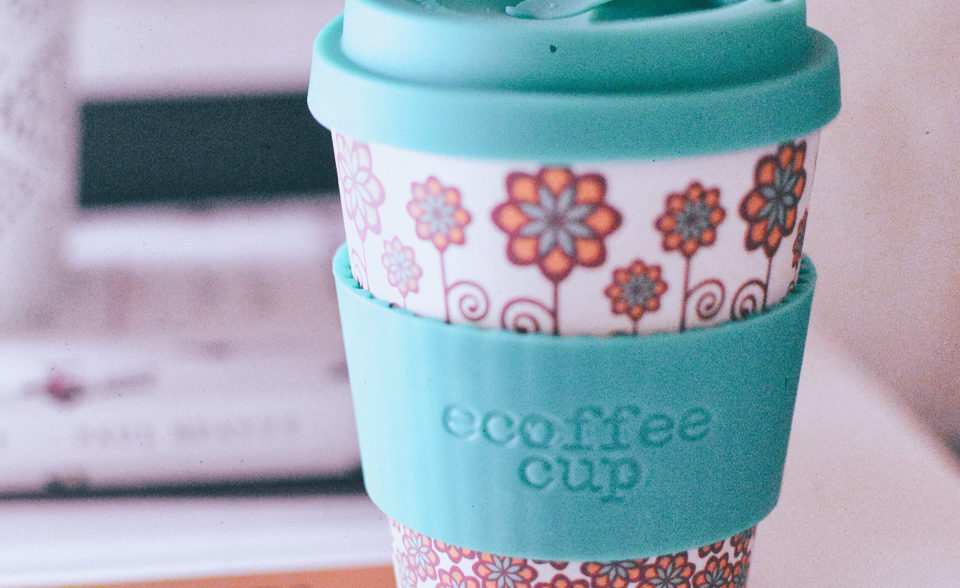
Their point is valid and I agree with the argument from a certain perspective but following on from that, I could respond with another question – what good is pointing out the hypocrisy in front of you, if at least something is being done? In this instance, it’s safe to say that air travel isn’t about to be eradicated.
Anyone in their right mind would prefer if it flying was a more eco-friendly form of getting from A to B but often, travelling in the sky is the only realistic option. (May I also remind you that the fashion industry is more polluting than the whole of aviation put together.) So, if we as travellers can then try and make our experience on board more sustainable, why not?
I later discovered that the tweeter was in the field of plastics and its effects on the environment and that those responding to her were likely criticising the irony of the fact she was using this mode of transport to do a job to fix issues that are caused by it… but this isn’t the only place I’ve seen hypocrisy being called out. It’s everywhere and I even have personal experience.
Especially when it comes to being an ‘influencer’ or somebody with an audience that now expects me to approach and tackle these sorts of topics, it can be extremely difficult to be open and honest when it comes to my own hypocrisies.
What am I doing which goes against another? What am I saying yet not doing simultaneously?
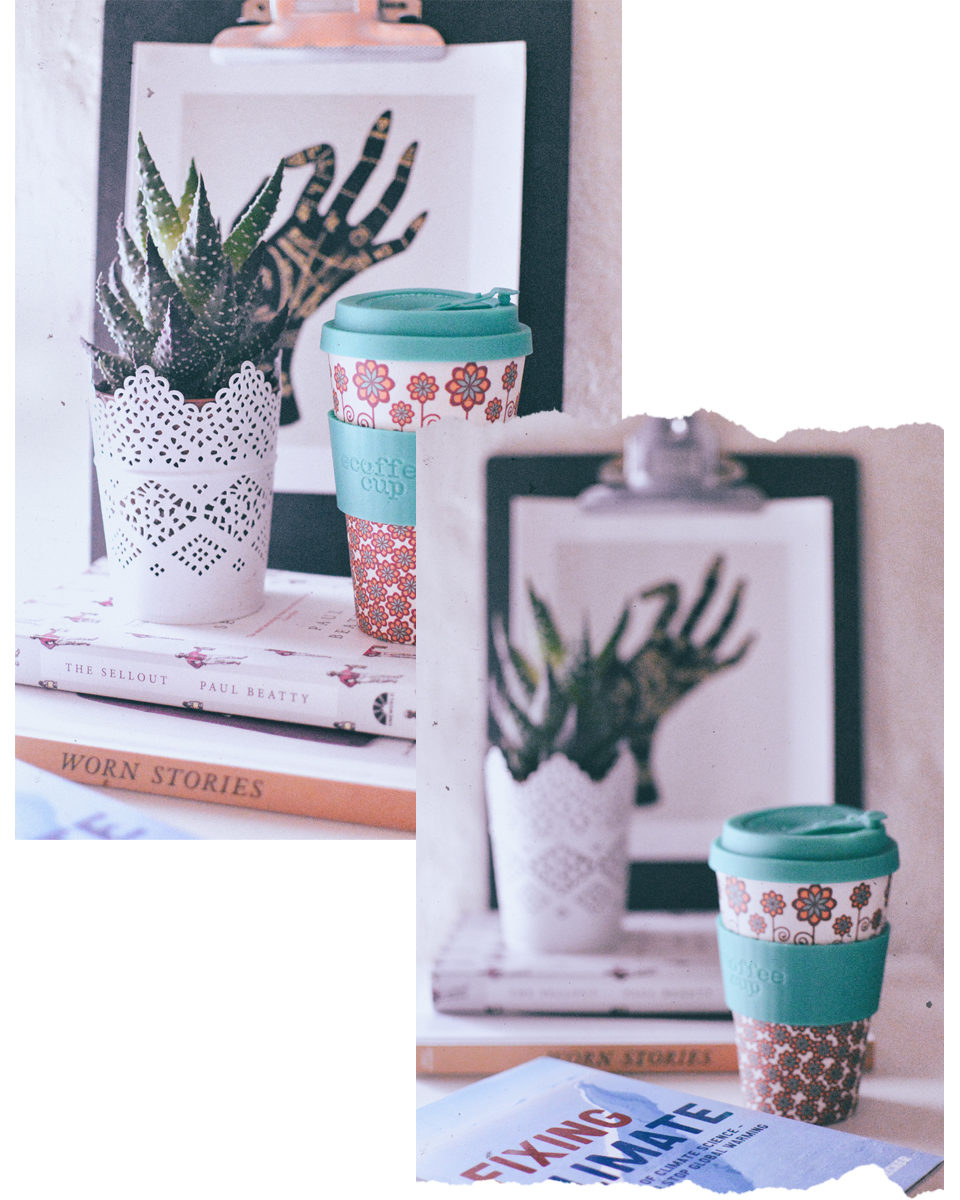
There are lots of things I could list and I’m unashamed to share some of them…
😱 I talk about leading a life that is as sustainable as it can be yet I’m nowhere near living a plastic or waste-free lifestyle.
🤐 I understand the disastrous effects of fast-fashion on the environment yet I continue to eat meat which also pollutes the world we live in (and in the past, I’ve had followers feel comfortable enough to point that out directly, after posting a picture of a Five Guys meal on my social media – I’d just been through an extremely traumatic time in my life and the last thing I’d had on my mind was the environmental cost of what I was eating).
😥 I have a reusable coffee cup yet I continue to use single-use sanitary products as a period-having person.
But we achieve nothing when these hypocrisies are pointed out. There’s enough guilt put upon individuals already when it comes to tackling the issues at hand.
We’re essentially in a time where we need to reverse a lot of the processes we’ve come to normalise – fast-fashion, plastic production, pollution caused by transportation, meat and animal produce – yet we also need to live our lives and get through each day as it comes. We can advocate and get behind as many issues as we like yet it’s almost impossible to be a perfect image for each and every one.
After taking a social media break for personal reasons at the end of 2017, I realised how much social media emphasises this and how we’re continually reminded of what we are and aren’t doing to aid the fight against what is, technically, killing our planet.
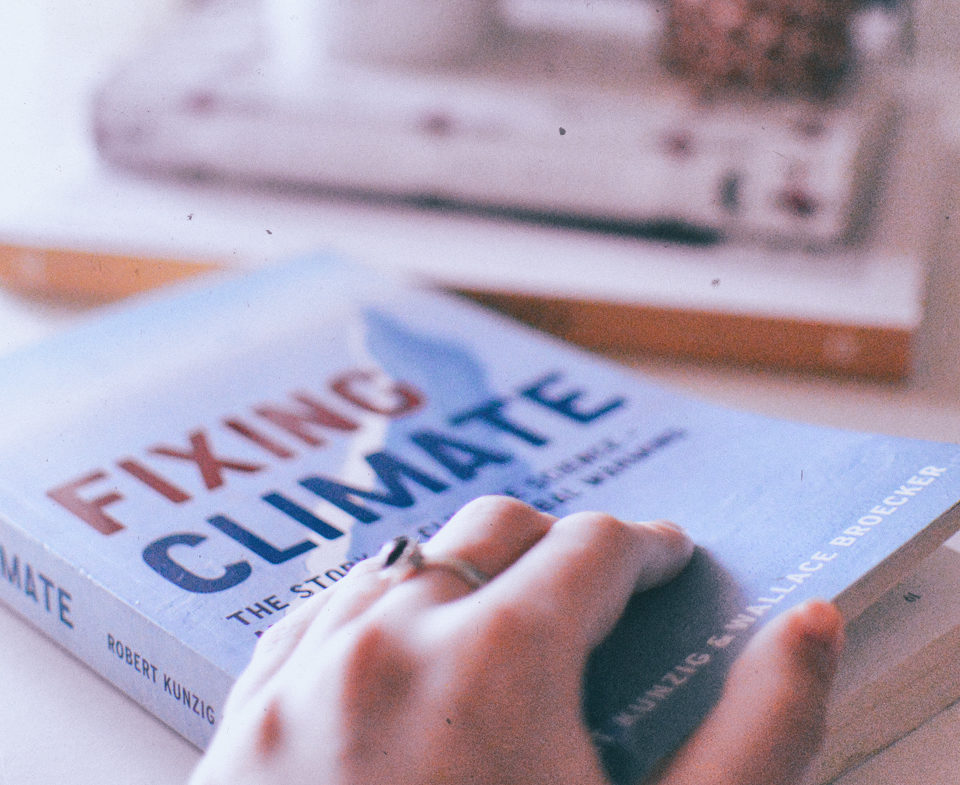
If we weren’t on social media, we wouldn’t be consuming endless stories about the detriment of our world and ways to fix it or how the ways we’re trying to fix it, just aren’t enough. I felt that relief of guilt when I was disconnected from it all but it doesn’t mean it was completely forgotten. I saw it with my own eyes and I was able to understand what I personally could realistically try to change in my life.
I wasn’t constantly being told what I could be doing better and that pressure of doing so is what will, in turn, scare many people away from actually trying.
Praising one person for making one change, no matter how inconsequential it may seem, can lead to another person making the same, who also might be adapting to other causes elsewhere. It’s a domino effect and pointing out that there’s a domino we’ve missed leading in a different direction, stops us from completing the journey we’re already on.
However, it would seem ignorant of me to not point out that this is a very rose-tinted-glasses way of looking at things. I’m able to discuss this and believe that small actions lead to bigger things because I’m relying on an element of hope.
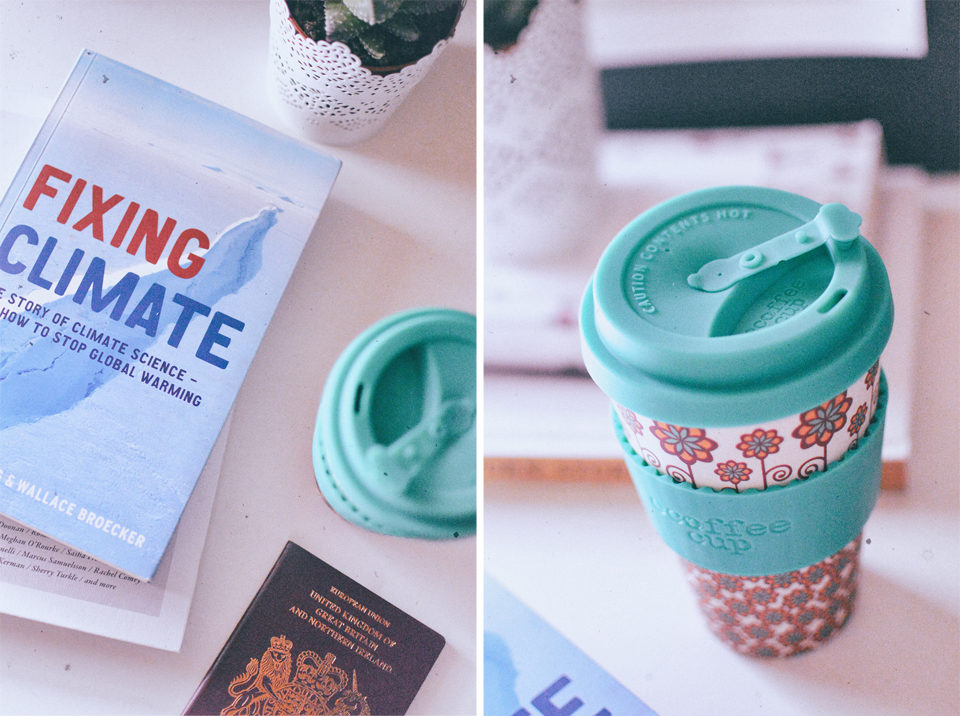
Essentially, as a millennial or a teen from Generation Z (or whatever other buzz word or phrase you want to use), I have to. My generation is the rose-tinted-glass for past generations; I am the hope for others but that doesn’t mean I don’t need hope for myself.
Hope is the pair of rose-tinted glasses we all need. It’s a comfort blanket (or sleeping bag, for the purpose of the analogy I’m about to use) and it protects us from insanity and giving up before we’ve even started. It shields us away from the mountain of fears that I, and I suspect, we all have.
All of these issues in regards to the earth we live on, have created a mountain of fears of colossal size and hope provides the ropes and the hiking gear so that we can reach the peak or the sleeping bag that keeps us warm at night. Without it, most of us would be lost at base camp.
So, let’s not be too harsh on ourselves when we accomplish reaching the peak of all the smaller, less dauntingly sized mountains, first.
How do you feel about hypocrisy when it comes to fighting the good fight? Do you feel the same pressures in your own life? Let’s discuss in the comments!
